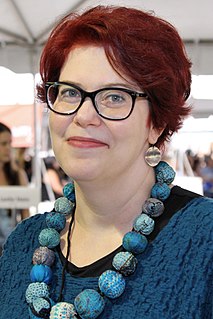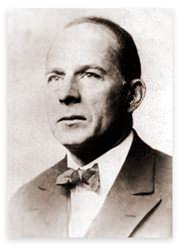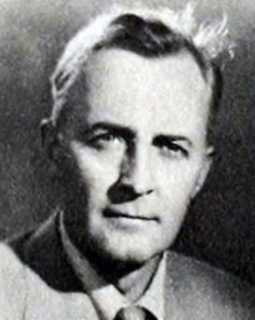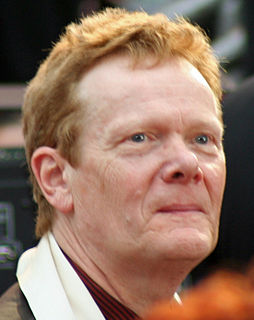A Quote by Claudia Gray
At the end of 'Afterlife' - hmm, how do I do this without spoilers - Skye took a very strange journey that crossed the boundary between life and death. And now, for her, that boundary is permanently blurred.
Related Quotes
This was exactly what the girl had most dreaded all her life and had scrupulously avoided until now: lovemaking without emotion or love. She knew that she had crossed the forbidden boundary, but she proceeded across it without objections and as a full participant; only somewhere, far off in a corner of her consciousness, did she feel horror at the thought that she had never known such pleasure, never so much pleasure as at this moment--beyond that boundary.
Eros is an issue of boundaries. He exists because certain boundaries do. In the interval between reach and grasp, between glance and counterglance, between ‘I love you’ and ‘I love you too,’ the absent presence of desire comes alive. But the boundaries of time and glance and I love you are only aftershocks of the main, inevitable boundary that creates Eros: the boundary of flesh and self between you and me. And it is only, suddenly, at the moment when I would dissolve that boundary, I realize I never can.
We have crossed the boundary that lies between Republic and Empire. If you ask when, the answer is that you cannot make a single stroke between day and night: the precise moment does not matter. There was no painted sign to say: 'You are now entering Imperium.' Yet it was a very old road and the voice of history was saying: 'Whether you know it or not, the act of crossing may be irreversible.' And now, not far ahead, is a sign that reads: 'No U-turns.'
We are left with nothing but death, the irreducible fact of our own mortality. Death after a long illness we can accept with resignation. Even accidental death we can ascribe to fate. But for a man to die of no apparent cause, for a man to die simply because he is a man, brings us so close to the invisible boundary between life and death that we no longer know which side we are on. Life becomes death, and it is as if this death has owned this life all along. Death without warning. Which is to say: life stops. And it can stop at any moment.
Yet soil is miraculous. It is where the dead are brought back to life. Here, in the thin earthy boundary between inanimate rock and the planet's green carpet, lifeless minerals are weathered from stones or decomposed from organic debris. Plants and microscopic animals eat these dead particles and recast them as living matter. In the soil, matter recrosses the boundary between living and dead; and, as we have seen, boundaries-edges-are where the most interesting and important events occur.





































